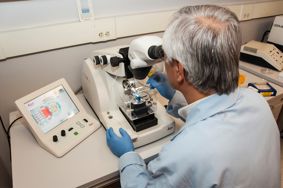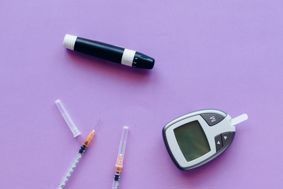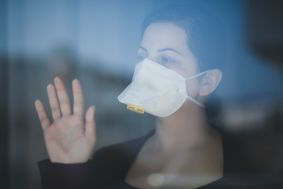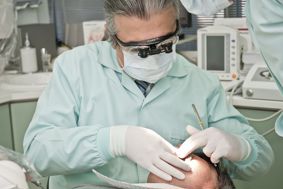
New and innovative ways to detect and treat cancer being trialled at Birmingham are to receive renewed funding from Cancer Research UK and the NIHR.

Two University of Birmingham researchers have been awarded prestigious Medical Research Council (MRC) clinical fellowships this year.

Broad T-cell response is currently protective but recognition of seven out of ten T-cell targets mutated in SARS-CoV-2 variants is impaired

Blood tests will identify children likely to develop type 1 diabetes, allowing earlier, safer diagnosis

The International Eosinophil Society announces University of Birmingham researcher as a winner of the Gerald J. Gleich Award 2022.

The largest analysis of data on antibody therapies for protecting clinically extremely vulnerable people from Covid-19 shows that they are effective.

Renewed National Institute for Health and Care Research Birmingham Biomedical Research Centre continue funds for developments around inflammatory diseases

Professor Deirdre Kelly and Dr Zania Stamataki, Institute of Immunology and Immunotherapy, provide insights into increases of unexplained paediatric hepatitis.

Eight academics within the Institute of Immunology and Immunotherapy at the University of Birmingham have been promoted in the 2022 academic promotion round.

Professor Ivan Wall has been appointed as Professor of Regenerative Medicine with the Institute of Immunology and Immunotherapy at the University of Birmingham.

Patients suffering with inflammatory bowel disease were invited to take part in a focused workshop at the University of Birmingham to assess their experiences.

The relationship between oral health and overall health has been a focus for research for some time, explain Professors Iain Chapple and Tariq Iqbal.